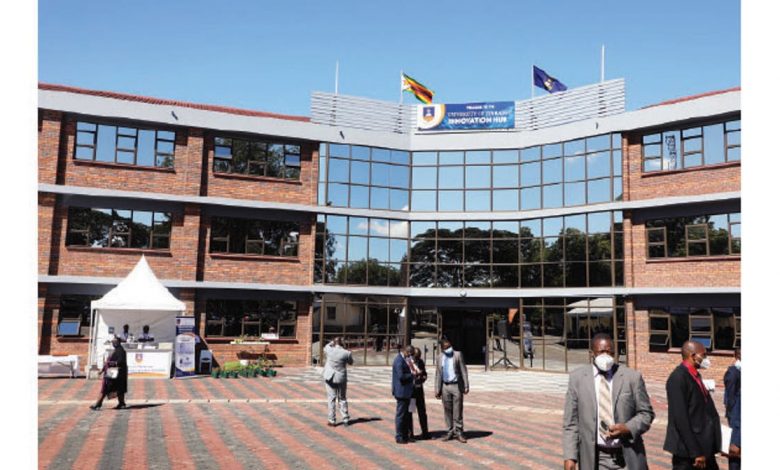Zimbabwe’s Higher Education Sector: Future Prospects and Challenges

Introduction: A Pivotal Moment for Zimbabwe’s Higher Education
Zimbabwe’s higher education sector stands at a critical juncture, with the potential to either thrive or stagnate. This depends on the strategies adopted to address its current challenges and capitalise on emerging opportunities. Furthermore, the country’s higher education landscape, marked by a rich history of both public and private institutions, is poised for significant transformation. This is driven by the rapid evolution of technology, shifting global economic dynamics and internal socio-economic changes.
The Challenges Facing Zimbabwe’s Higher Education
Economic Challenges
Firstly, Zimbabwe’s higher education system grapples with numerous economic challenges. The country’s economy has been severely impacted by hyperinflation and economic recession. Additionally, this makes it difficult for students and institutions alike to navigate the financial landscape. The high cost of tuition, coupled with a lack of financial aid schemes, exacerbates access issues for many potential students. This economic climate has led to a decline in enrolment rates, with students unable to afford the rising costs of education.
Quality Assurance and Infrastructure
Secondly, quality assurance and infrastructure are other significant challenges. Many universities lack formal quality promotion policies and structures, hindering their ability to meet international standards. Infrastructure issues, such as outdated libraries and lack of access to information communication technologies (ICT), further complicate the learning process. These challenges not only affect the quality of education but also contribute to a decline in student enrolment rates.
Digital Divide and Access to Education
Thirdly, the digital divide poses a significant challenge to Zimbabwe’s higher education sector. Limited access to the Internet and affordable digital devices in rural areas and some urban towns restricts students’ ability to engage in online learning. Additionally, this digital divide is a major barrier to accessing quality education, especially in the current era where online and e-learning programs are becoming increasingly important.
Future Prospects for Zimbabwe’s Higher Education
Embracing Digital Transformation
Also, the future of Zimbabwe’s higher education lies in its ability to embrace digital transformation. The adoption of online and e-learning platforms presents an opportunity to address the digital divide. Moreover, this helps to make quality education more accessible to all. Additionally, institutions like Unicaf University in Zimbabwe, which provides online learning to its students, are leading the way in leveraging technology to bridge the gap between students and higher education.
Strengthening Industry Partnerships
Furthermore, strengthening partnerships between higher education institutions and industry players is crucial for ensuring that education is relevant and beneficial to the workforce. This approach can help address quality assurance issues and improve curriculum development. It also provides students with practical skills that are in demand in the job market.
Enhancing Financial Aid and Scholarship Programs
Enhancing financial aid and scholarship programs, such as the Unicaf Scholarship Scheme, is essential for reducing financial barriers to higher education. These initiatives can help attract more students to higher education institutions. They also ensure that the benefits of education are accessible to all, regardless of their economic background.
Conclusion: A Call to Action
Finally, Zimbabwe’s higher education sector is at a crossroads. Therefore, addressing the current challenges and capitalising on future opportunities, Zimbabwe can position its higher education system to thrive. This involves embracing digital transformation, strengthening industry partnerships and enhancing financial aid and scholarship programs. The future of Zimbabwe’s higher education is not just about surviving economic challenges but about ensuring that it remains a beacon of hope and opportunity for its people.
In conclusion, the future of Zimbabwe’s higher education sector is promising but requires concerted efforts from all stakeholders. Dealing with the current challenges and leveraging the opportunities presented by digital transformation, Zimbabwe’s higher education can play a pivotal role in shaping the country’s future.




